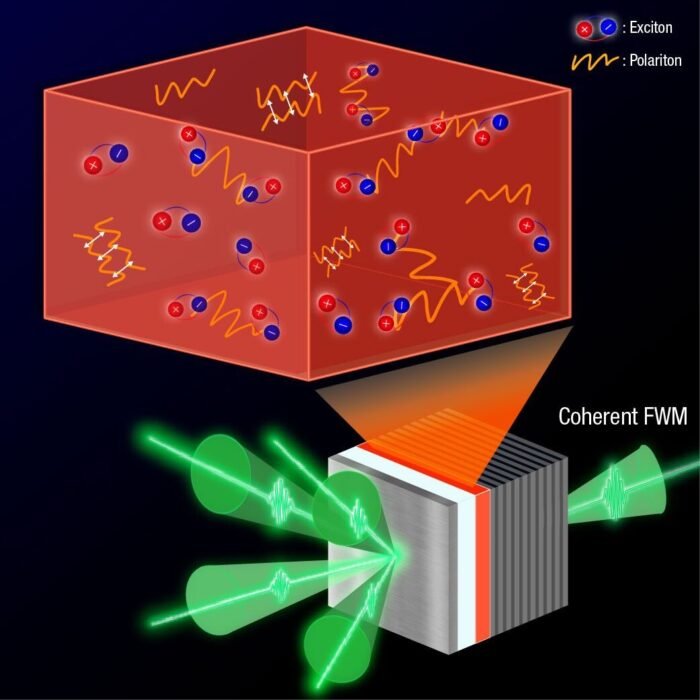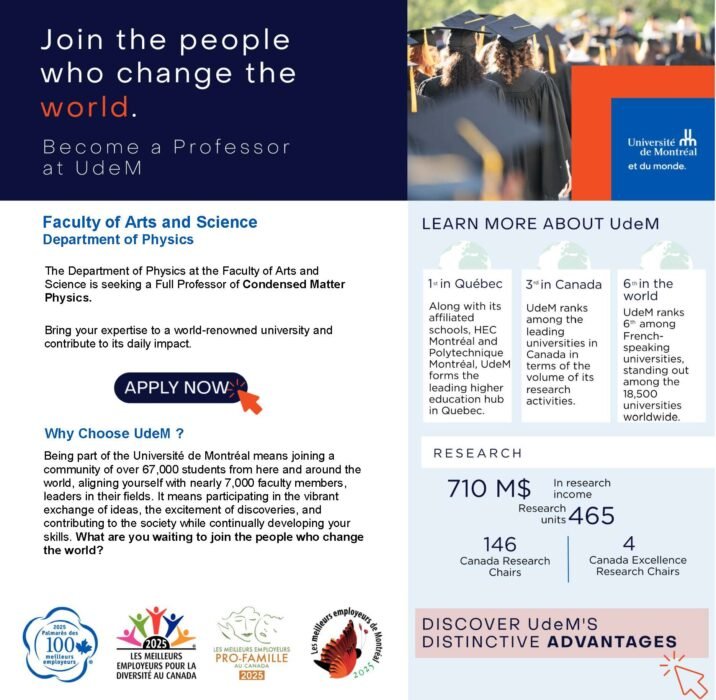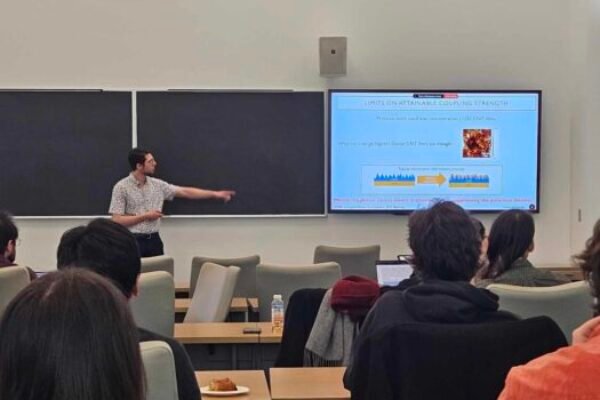📄New preprint now on arXiv!
We are excited to share that our latest collaborative work, “Biexcitons in Ruddlesden-Popper Metal Halides Probed by Nonlinear Coherent Spectroscopy,” led by Katherine Koch and Ajay Ram Srimath Kandada, has just been uploaded to the arXiv.
🔗Link to the arXiv: https://lnkd.in/ePDkpB3T
In this mini-review, we explore how biexcitons — bound states of two electrons and two holes — can be unambiguously identified and characterized in Ruddlesden-Popper metal halide materials using advanced nonlinear coherent spectroscopies. This work highlights the power of multidimensional optical techniques to understand many-body interactions in quantum-confined semiconductors and strengthens the foundations for future quantum materials research.
Thank you to all co-authors and colleagues who contributed to all of our previous research papers that we review in this work. I look forward to feedback from the community and to the next steps in this exciting direction!



